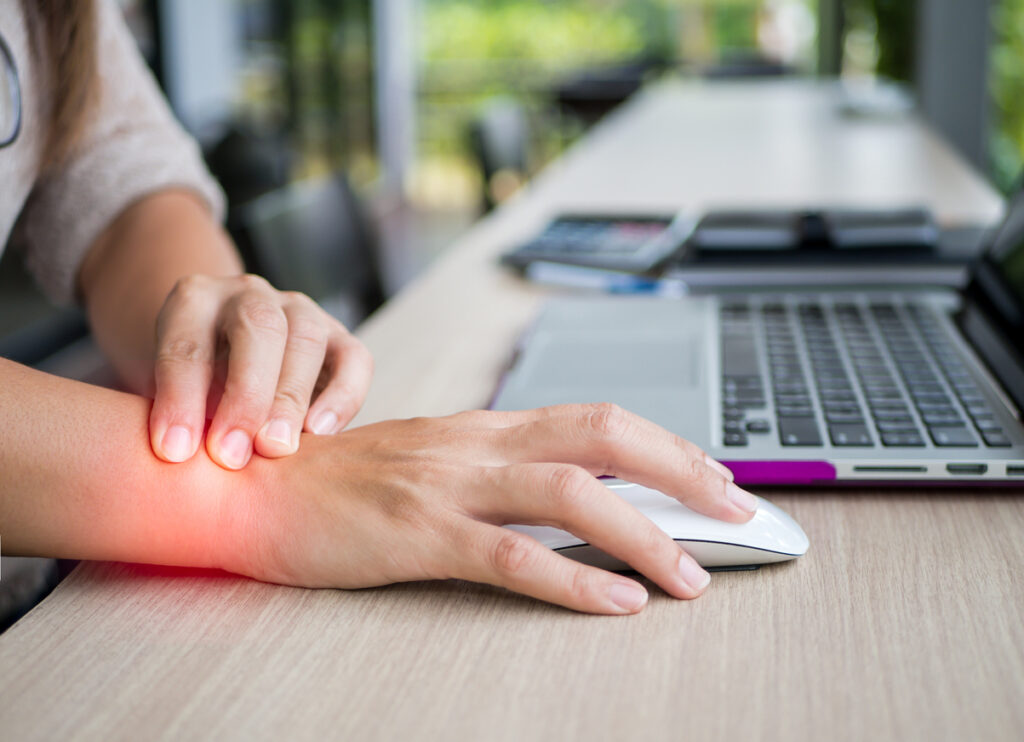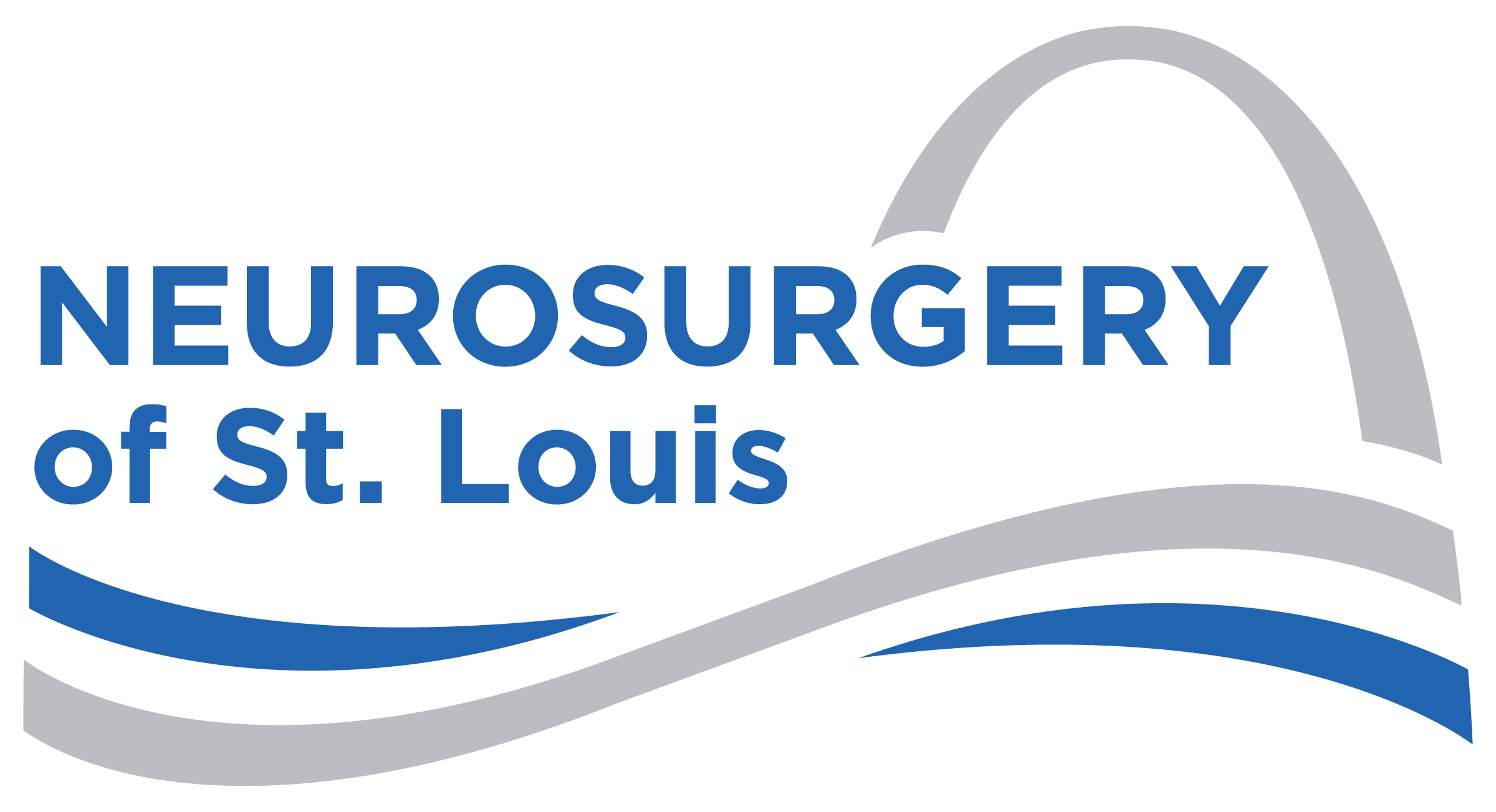Carpal Tunnel Decompression (Median Nerve Decompression)
There are more than 3 million cases of carpal tunnel syndrome in the United States per year.

Carpal Tunnel Syndrome
This is the most common nerve entrapment injury. It is caused by compression of the median nerve at the wrist. Although most cases of carpal tunnel have no cause, some of the following may contribute:
- Frequent, repetitive, small movements with the hands (such as with typing or using a keyboard)
- Frequent, repetitive, grasping movements with the hands (such as with sports and certain physical activities)
- Hormonal or metabolic changes (for example, menopause, pregnancy, or thyroid imbalance)
- Changes in blood sugar levels (may be seen with type 2 diabetes)
- Family history of carpal tunnel syndrome
Common Symptoms
- Weakness when gripping objects with one or both hands
- Pain or numbness in one or both hands
- “Pins and needles” feeling in the fingers
- Swollen feeling in the fingers
- Burning or tingling in the fingers, especially the thumb and the index and middle fingers
- Pain or numbness that is worse at night, interrupting sleep

Learn More About Carpal Tunnel Release (Percutaneous Method)
Surgical Decompression
Carpal tunnel release is an outpatient procedure performed to relieve pressure on the median nerve in order to reduce carpal tunnel syndrome symptoms, which include tingling and numbness in the fingers. The transverse carpal ligament is cut to relieve pressure on the median nerve.
Carpal tunnel release helps to restore muscle strength and dexterity to the hand(s), and is typically performed on patients who have had persistent (lasting longer than 6 months) symptoms that have not responded to conservative treatment methods.
Recovery
Patients can return home the same day. Prescription pain medication may be necessary. Usually sutures will be removed 10-14 days after surgery. Although some patients still have carpal tunnel syndrome symptoms after their procedures, most report that symptoms are significantly reduced. The incision may remain tender for several weeks after surgery as the incision fully heals.
schedule an apppointment
- Contact Us
Ready to learn more? Contact us today to get started.
Make an Appointment
Neurosurgery of St. Louis welcomes new patients and patients from our former practices. Click the button below to contact us today.

